Thus says the Lord:
Cursed are those who trust in mere mortals and make mere flesh their strength, whose hearts turn away from the Lord. They shall be like a shrub in the desert, and shall not see when relief comes. They shall live in the parched places of the wilderness, in an uninhabited salt land. Blessed are those who trust in the Lord,whose trust is the Lord. They shall be like a tree planted by water, sending out its roots by the stream. It shall not fear when heat comes, and its leaves shall stay green; in the year of drought it is not anxious, and it does not cease to bear fruit. The heart is devious above all else; it is perverse– who can understand it? I the Lord test the mind and search the heart, to give to all according to their ways, according to the fruit of their doings. The reading this week has a specific context that should be considered - Jeremiah is warning the kingdom of Judah not to join in an alliance with Egypt in an attempt to avoid invasion by Babylon. He has good reason for caution. The kingdom of Israel made a similar alliance, but it did not help, Israel was invaded. Jeremiah does not want Judah to make a similar mistake. The prophet dresses his language in extremes and equates his words with the language of the divine; his words are God’s words and should not be questioned. Filled with stark condemnation and blessing, reminiscent of the giving of the Law in Deuteronomy, Jeremiah appeals to the national mythology that Israel and Judah are Yahweh’s people. This is the God who with terrible power led his people out of bondage and into their Promised Land. Yahweh led the way, sweeping their enemies away before them. Jeremiah could not bear the thought that after such a magnificent liberation from bondage in Egypt, Judah would have to turn to their former captors for salvation instead of God. For Jeremiah, Yahweh, not Egypt should be trusted for their salvation.
The modern reader should practice caution as well; there is danger in too liberally applying the hyperbolic language of the prophet to their life. Obviously there is some necessary trust that is the foundation of important relationships and systems. The encouragement to constantly find examples where we place trust in flesh over trust in the Lord too readily breeds skepticism and paranoia. Some religious leaders are quick to exploit these cultures of self-doubt and maintain cultures of doubt and paranoia to exert influence and power over people. Of course, the second part of the reading applies too. There is a need for reflection and introspection. Sometimes we can deceive ourselves. But there is not always an “Egypt” in our life that is standing in the way of our trust in God. Sometimes we can trust people, the “flesh,” and the Lord as well. They are not always mutually exclusive.
It would be nice to know whether we are trusting God, or are being deceived. Jeremiah offers some standards for evaluating one’s position. Again, reader beware of metaphorical language. Too easily can Jeremiah’s metaphors of strength imply success as indicative of trust in God. The wealthy, successful and prosperous are those who trusted God. Their wealth and prosperity are results, perhaps even rewards for their trust in the Lord. Conversely, the prophet’s metaphors of suffering apply to those who have trusted in their own strength, or the strength of others. The unfortunate, then, are cursed; they have no one to blame for their position than themselves. Unfortunately, Jeremiah’s metaphors of success and misfortune cannot be so easily applied. Reasons for success and misfortune cannot be so easily reduced to blind trust and magical thinking. God is neither concerned with our own success, nor is it our place to blame misfortune on the unfortunate.
Fortunately, there are other standards to gauge our trust in the Lord. Jesus recites them in the Gospel reading this week. The images of security Jesus conjures, if imagined arboreally as Jeremiah did, would not reflect the tree by a river of life. Jesus instead suggests the humble, the hungry and the humiliated are those who are closest to God. The proud, the nourished, the confident - those seemingly mighty and unshakeable trees - these have received their consolation already. Our hearts have deceived us indeed if we think that as a result of trusting in Jesus, we will receive strength, success, safety, prosperity. Trusting in the Lord requires something of us; Jeremiah’s metaphor has flipped. We should no longer count on security or success as proof of our trust in the Lord; rather, service, self-giving and the love of others, these are the standards of one who trusts in the Lord.

